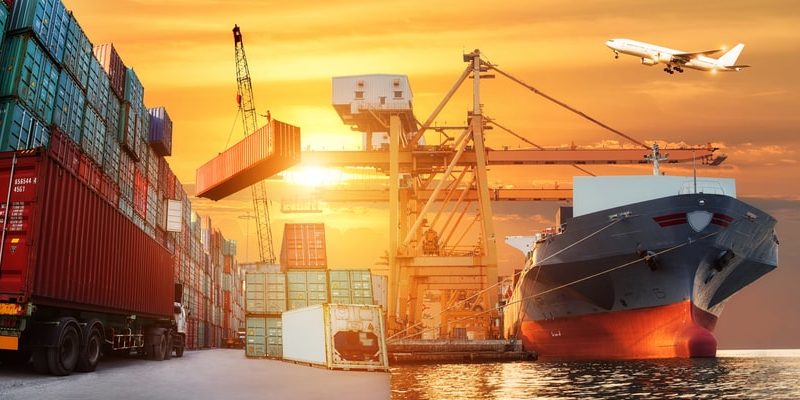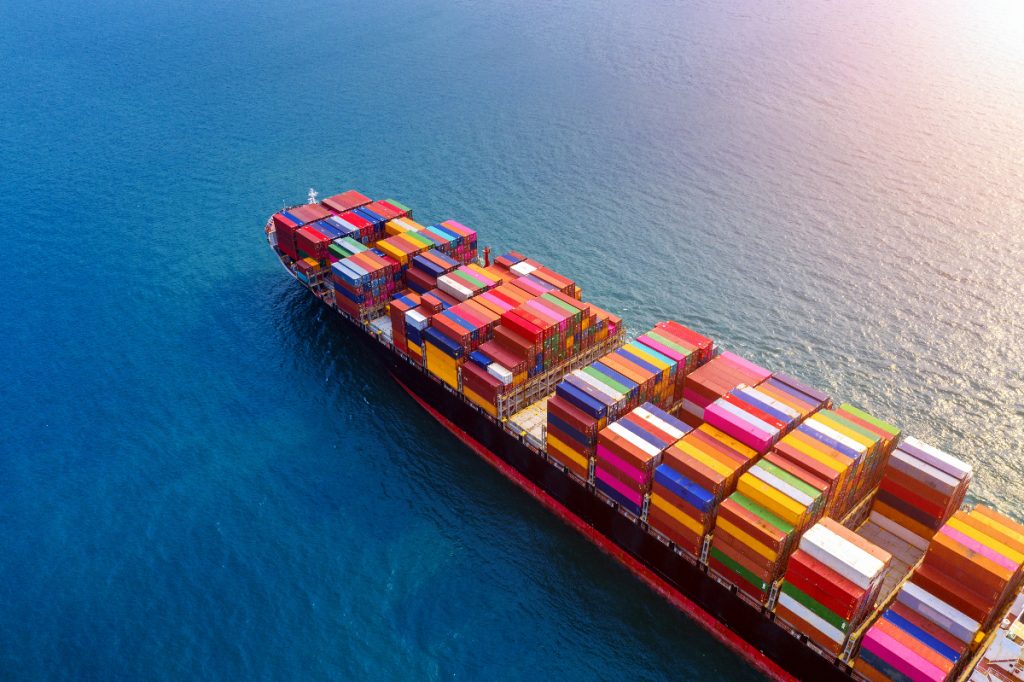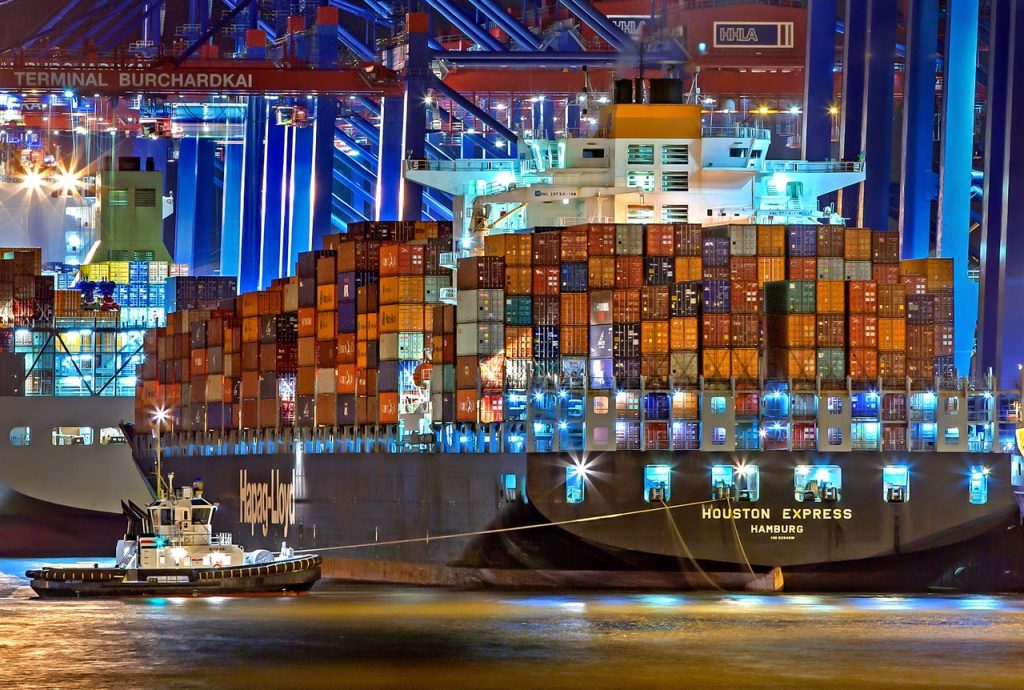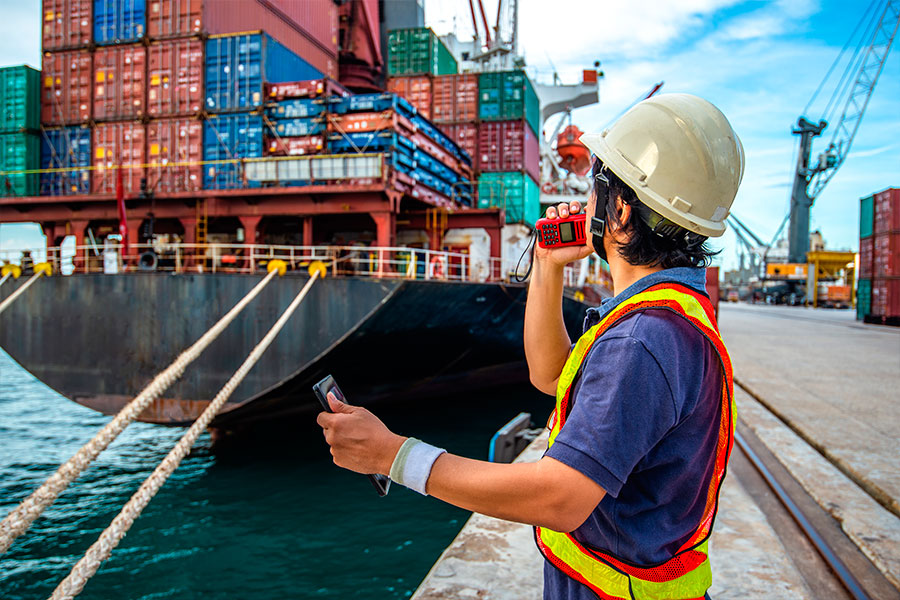Importing products from China to Mexico can be a great opportunity for businesses looking to expand their offerings, reduce costs, and compete in the market. However, it is essential to comply with Mexican customs and regulatory standards to avoid penalties, delays, or the seizure of goods. In this article, we explain how to import products from China to Mexico, ensuring all necessary regulations are met to guarantee a smooth and secure process.

How to Import Products from China to Mexico?
Importing products from China to Mexico involves several specific steps to prevent issues. Here are the essential points:
- Obtain an Importer Registration: Before starting the import process, you need an Importer Registration with the Mexican Tax Administration Service (SAT). This registration allows you to legally import products and handle customs procedures.
- Know the Tariff Classification: Every product has a specific tariff classification, known as a tariff fraction, which determines the applicable taxes and restrictions. Correctly identifying the classification is crucial to avoid customs issues.
- Comply with Mexican Official Standards (NOM): Depending on the product you want to import, you may need to meet Mexican Official Standards (NOM), which ensure products meet the country’s quality and safety standards. Products like electronics, textiles, toys, and food have mandatory NOM regulations.
- Hire a Customs Broker: A customs broker is a specialist authorized by the Mexican government to handle import procedures on your behalf. Their role is to ensure imported products comply with all regulations and that the customs process is fast and efficient.
What are the Costs and Taxes When Importing from China?
One of the most common questions when exploring how to import products from China to Mexico is what taxes and costs are involved. It is important to be aware of the following:
- General Import Tax (IGI): The IGI is the tax applied to the import of goods. This tax varies based on the product’s tariff classification.
- Value-Added Tax (IVA): When importing products, the IVA is charged based on the value of the goods. In Mexico, this tax is 16%.
- Customs Processing Fee (DTA): The DTA is a fee charged for customs clearance services, depending on the value of the imported goods.
- Other Additional Costs: In addition to the taxes mentioned, you should also consider transportation, insurance, storage costs, and the customs broker’s fees.

3 Main Transportation Methods for Importing from China
When analyzing how to import products from China to Mexico, choosing the right transportation method is key. Here are the three main options:
- Sea Freight: This is the most common and economical option for large volumes. Sea shipments usually take 20 to 45 days to reach Mexico, depending on the origin and destination ports.
- Air Freight: Ideal for high-value products or when fast delivery is required. Although more expensive than sea freight, air shipping significantly reduces delivery times, averaging 3 to 7 days.
- Land Transport: In some cases, if the goods arrive at a U.S. port, they can be transported by land to Mexico. This option helps reduce shipping costs from U.S. ports.
What are the Customs Requirements and Necessary Documentation?
To import products from China to Mexico, you will need to present several documents to customs authorities, including:
- Commercial Invoice: This is a key document that details the product description, quantity, unit price, total value, and the country of origin.
- Packing List: This document describes the contents of each package or container, which helps streamline the customs inspection process.
- Bill of Lading: Issued by the shipping company, the bill of lading certifies the shipment of goods.
- Certificate of Origin: In some cases, you may need a certificate of origin to benefit from tariff preferences under trade agreements.

Why Comply with Sanitary and Phytosanitary Regulations?
If you are importing products such as food, medicine, or plants, you must comply with Mexico’s sanitary and phytosanitary regulations. These rules are enforced by the Ministry of Health and the Ministry of Agriculture and Rural Development (SADER). Additionally, you may need to obtain additional permits or undergo inspections before the products can be distributed in the country.
How to Avoid These 3 Common Problems When Importing from China
When learning how to import products from China to Mexico, it’s essential to be aware of the most common problems you may encounter:
- Under-valuation of Goods: Avoid declaring a lower value for your products to reduce taxes, as this can result in penalties or the confiscation of your goods.
- Errors in Tariff Classification: Ensure you classify your goods correctly. A mistake can lead to fines or customs delays.
- Non-compliance with NOM Regulations: Importing products that don’t meet NOM standards can result in the goods being held or destroyed.
What Products are Prohibited from Being Imported from China?
Mexico has restrictions on certain products, such as weapons, hazardous goods, or items of questionable quality. Check with the Ministry of Economy for an updated list of restricted products.
Do I Need to Hire a Customs Broker to Import?
Yes, in most cases, hiring a customs broker is required to handle the import process and ensure that your goods comply with all regulations.
What Happens if My Goods Don’t Meet Regulations?
If your goods don’t meet Mexican regulations, they may be held, returned to the country of origin, or destroyed, which can lead to significant losses.
Knowing how to import products from China to Mexico while complying with regulations is essential for your business to thrive and avoid penalties. From importer registration, correct tariff classification, to meeting NOM requirements and other regulations, every step is crucial for a successful import process. Stay informed and seek professional advice to ensure your products enter the Mexican market legally and safely.

At CEDIMEX, we understand that the export process can be complex and full of challenges. That’s why we offer a team of specialists in logistics and international trade to support you at every stage. We handle all necessary documentation and optimize your supply chain to ensure your goods arrive safely and efficiently. Contact us today to learn how we can make your international trade operations simpler and more successful.
